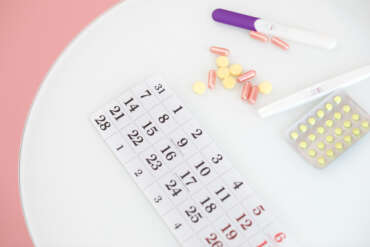
Trying to conceive can feel overwhelming, especially if you’re unsure about the timing. Understanding your body’s fertility cycle is crucial for increasing your chances of getting pregnant. A fertility calculator or ovulation calculator is a simple yet powerful tool that can guide you through your most fertile days and help you plan conception more effectively.
What is a Fertility Calculator?
A fertility calculator is an online tool designed to estimate your most fertile days based on your menstrual cycle. By tracking ovulation and cycle length, this tool identifies the period when you are most likely to conceive. Unlike guessing, using a fertility calculator helps you focus on the days when your body is ready for pregnancy.
Most fertility calculators ask for basic details such as:
> First day of your last menstrual period (LMP)
> Average cycle length
> Average period duration
Once you input these details, the ovulation calculator predicts your ovulation date and highlights your fertile window.
Understanding Your Fertile Window
Your fertile window refers to the days in your cycle when pregnancy is most likely. Typically, this window spans 5-6 days, ending on the day of ovulation. Sperm can survive inside the female reproductive tract for up to 5 days, while the egg is viable for around 24 hours. Knowing this window is key to planning intercourse for conception.
By using a fertility calculator, you can pinpoint this period more accurately than relying solely on symptoms or guesswork. The tool considers your unique cycle length, which can vary from woman to woman.
How an Ovulation Calculator Works
An ovulation calculator uses your menstrual cycle information to determine your ovulation day. Here’s a simple breakdown:
1. Input Your Cycle Data: Enter the first day of your last period and your typical cycle length.
2. Calculate Ovulation Day: Most women ovulate 12-16 days before their next period. The calculator automatically identifies this day.
3. Identify Fertile Days: The tool marks the 5 days leading up to ovulation plus ovulation day itself. These are your peak fertility days.
Some advanced calculators also consider:
> Variations in cycle length
> Age factors
> Previous pregnancies
Signs of Ovulation to Watch For
While a fertility calculator provides a precise estimate, paying attention to your body can further increase your chances of conception. Common ovulation signs include:
> Changes in cervical mucus: Becomes clear, stretchy, and egg-white-like.
> Mild pelvic pain: Some women feel twinges in the lower abdomen.
> Increased libido: Hormonal changes can boost sexual desire.
> Basal body temperature rise: Slight increase after ovulation can indicate fertility.
Combining these physical signs with your ovulation calculator results can enhance your planning and timing.

Benefits of Using a Fertility Calculator
Using a fertility calculator has multiple advantages for couples trying to conceive:
1. Accurate Timing: Increases your chances by targeting your fertile window.
2. Reduces Stress: Removes uncertainty about when to try.
3. Tracks Patterns: Helps identify irregular cycles and potential fertility issues.
4. Supports Fertility Planning: Useful for natural conception or fertility treatments.
Tips to Boost Your Chances of Getting Pregnant
While timing is essential, overall health and lifestyle also play a crucial role. Here are some tips:
> Maintain a Healthy Diet: Include whole grains, leafy greens, and lean proteins.
> Exercise Regularly: Moderate exercise improves fertility but avoid extreme workouts.
> Track Your Cycle: Use a fertility calculator consistently for accurate predictions.
> Avoid Stress: High stress levels can disrupt ovulation. Consider yoga or meditation.
> Limit Alcohol and Caffeine: These can impact fertility in both partners.
When to Consult a Fertility Specialist
If you’ve been trying to conceive for over a year (or six months if over 35), it may be time to consult a fertility specialist. While a fertility calculator helps with timing, underlying medical issues like hormonal imbalances, polycystic ovary syndrome (PCOS), or sperm abnormalities might require professional evaluation.
Final Thoughts
A fertility calculator or ovulation calculator is a valuable tool that helps women understand their reproductive cycles and identify the most fertile days. By combining this tool with healthy lifestyle choices and awareness of ovulation signs, you can significantly boost your chances of conception.
Remember, every woman’s cycle is unique. Using a fertility calculator consistently and tracking your ovulation can provide insights, reduce stress, and bring you closer to achieving your dream of pregnancy.
Start using a fertility calculator today and take control of your journey toward parenthood.

